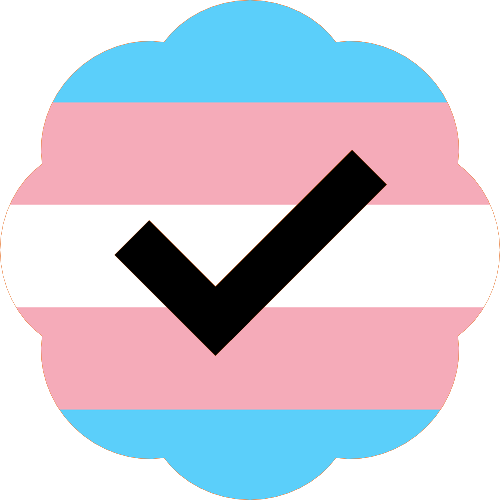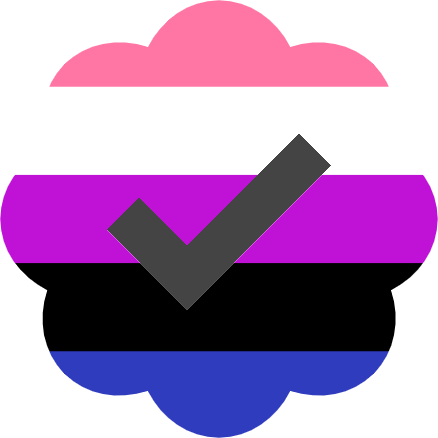rail 🦊ΘΔ
rail_@bark.lgbtcan we please reclaim the meaning of the word "love" and adjacent language as not exclusively romantic thing (for non-family members)?
i love my friends dearly
and it might have nothing to do with any romantic feelings
and i hate being scared of this being misinterpreted and having to clarify this, especially when i want to express these feelings for the first time
;_;
goofy ass buitenlander
avd@nederland.gay
imdat celeste 

 [witchzard]
[witchzard]
ics@tau-ceti.space
@rail_ I never saw it as a romantic feeling, it is just love - and I have for people, for animals, for trees, ... all in different ways. Unfortunately, though, English (or any Roman, Germanic or Slavic) is a restricted language wrt emotions, especially love. Turkish, e.g, has "sevgi" and "aşk", the former being "love" (non-romantic) and the latter ... well, complicated - t could mean "romantic love", but also "love for beings", "inner love", "burning love", "unfulfillable love", and much, much more.
tl;dr - I love you, too, even if we don't interact that much. Love seeing your posts, your love for trains, your love for Njion, and more...
gettie ( arc)
arc) 



getimiskon

@rail_ I love you too :3 (I for example would just add a platonic after it just to clarify in such cases)
@getimiskon @rail_ now the Greeks are getting on their language superiority trip again /s
Natsura 

Natsura@catgirl.center
@rail_@bark.lgbt as someone who says she loves her trans siblings a lot i agree with this 100%
Natsura 

Natsura@catgirl.center
@rail_@bark.lgbt like i love you so much rail, and i mean that 100% platonically
Danger mouse
wakame@tech.lgbtAlso, there is the (a bit indirect) thing with "loving someone" vs "being in love with someone".
Weirdly enough, "I love my new couch" can be both a normal and a Vance expression.
Nyx Phoenix
traumaphoenix@chaos.social@rail_ german is even worse about this, the word for "friend" and "boy/girlfriend" are one and the same
friends of opposite gender? nein. gibt es nicht. 🦋
rail 🦊ΘΔ
rail_@bark.lgbt@traumaphoenix french being kiiiiiiinda (but not fully) ambigous about the phrases "i like you" and "i love you"
and actually the literal "i like you" is more of an "i love you"
while "i like you a lot" is the actual "i like you"



